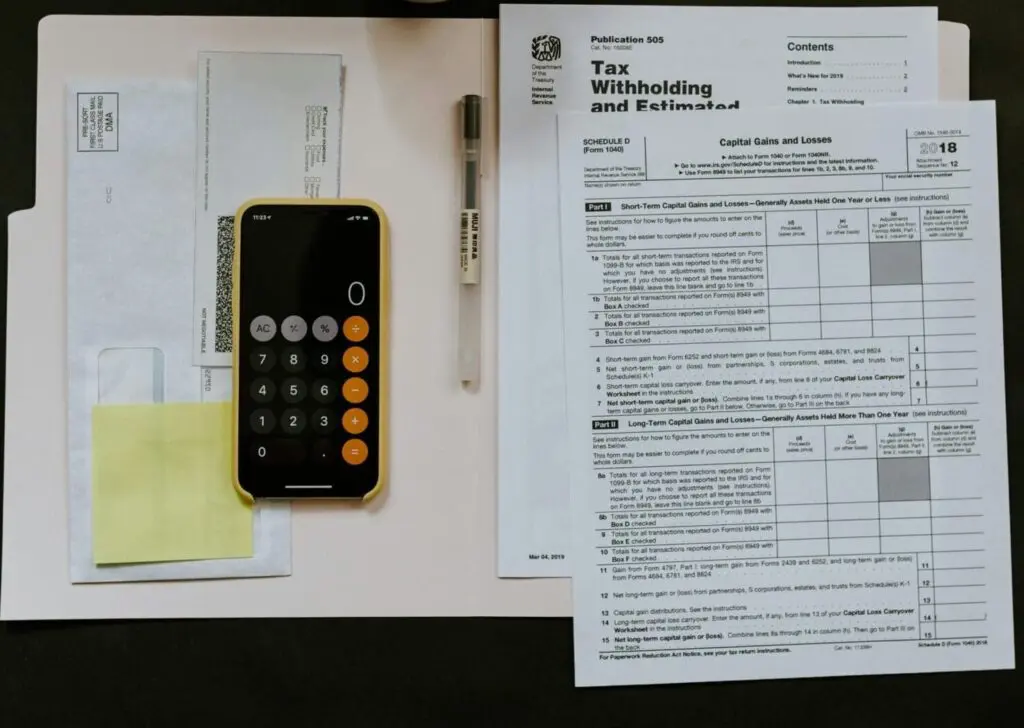Tax authorities reveal more than one and a half million non-declared properties in Spain. Its impact on immovable property’s tax collection it is a lifeline for councils’ accounts.
The Spanish Tax Agency have discovered 1.690.000 non-declared properties for immovable property tax (IBI) in Spain. The investigation has been taken part by the General Directorate of Cadastre and it started in 2014 embedded in the fight against tax avoidance.
The main change is that, by the first time, the Cadastre has used drones to find out the infractions, besides the satellite image’s analysis: it has been tracked 4.340 Spanish municipalities although the job is not finished yet.
As a consequence, the Spanish Tax Agency have collected in excess around 1.254 million euros for IBI tax, a figure called as “extraordinary”. Besides, it has brought to light that an average of 8.9% of registered properties is committing fraud to the tax authorities. Mostly those properties are non-declared new buildings, housing improvements or swimming-pools by which could be applied more appropriate taxes with regard to their true rateable value.
In the other side, it has been revealed that more than 3% of properties were not appeared in the Cadastre, remaining unknown for the Councils themselves, unable to claim any tax for them.
Andalusia is the Spanish Autonomous Community where is concentrated the biggest fraud on IBI with regard to absolute numbers. It has been yet regularised here 373.224 properties thanks to this investigation. An operation which costs are unknown because the Spanish Tax Agency has not informed about it. However, it could be inferred by its known collection figure which total cost could go up to 80 million euros.
The immovable property tax (IBI) has been and it still is a key tax for city councils, specially during the economic crisis years. This tax’s collection has allowed Councils to get their public accounts back on track and, at times, even reaching superavits. IBI represents sometimes half of the total Spanish city councils’ tax collections.
Thus, in order to avoid sanctions for committing fraud on the IBI tax, it is legally recommended to declare to the Cadastre all the changes made on the property (it is also recommended to declare it to the Property Register although it is not mandatory). In such a way, the property’s value will be updated and it will mean some advantages when asking for a mortgage or, in the case of preferring the property’s selling, it could be made for a higher value due to those housing improvements.
If you have any legal doubt on your investments, savings or assets, please do not hesitate to contact us for a complimentary review at clerk@delcantochambers.com
Del Canto Chambers’ Newsroom.







